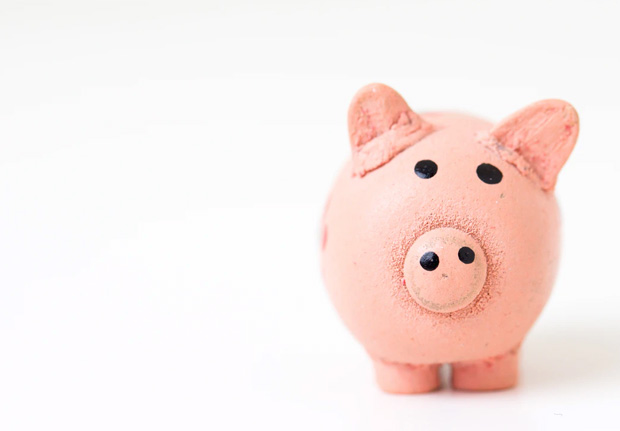Why Invest in UK Stocks?

Why Invest in UK Stocks?
We cannot deny it: we live in a world governed by capitalism… the main purpose of the majority of companies is to increase the value of their shares, for the benefit of their shareholders. The very idea of economic growth is what currently governs the Western world.
The traditional approach: money stuck in the bank account represents, in recent decades, a loss. The average inflation in the UK is 2%: this means that every year your “stationary” cash loses 2%, or more, of its purchasing power: in fact, you become more poor.
In addition to this, the pound is a national currency, and could therefore be subject to devaluation in the possible future more than the Euro. Let’s not forget how the pound lost around a big chunk of its value in the months after the Brexit referendum.
Investing your savings, obviously according to your risk profile (ranging from very safe assets such as AAA government bonds and precious metals, to very risky assets such as shares of public companies or even startups), is a way to actively participate in the global economic growth, so as not to leave your savings at the mercy of inflation and the possible devaluation of the pound (if you invest in foreign assets), and finally to benefit from the “magic” of compound interest. Covid-19 has taught everyone what exponential growth is: wouldn’t it be nice if your invested savings grew like that? The sooner you start investing, the more this chain reaction will produce value. A common regret among investors is not starting sooner.
Obviously, this does not mean that you have to jump into stocks trading in the UK without fully understanding the risks, costs and benefits. The first part is to always research, which can include investing a small amount into the best fixed rate ISA so that you can understand how it works. Thanks to zero-cost brokers, it is actually possible to experiment as there are no relevant minimum amounts to invest or entry costs. But the sooner you start preparing, the sooner you can start investing if you deem it appropriate to do so.
CFDs are complex instruments and come with a high risk of losing money rapidly due to leverage. You should consider whether you understand how CFDs work and whether you can afford to take the high risk of losing your money.

ISAs (Individual Savings Accounts)
ISAs are a financial instrument that allows you to invest your savings without paying taxes on your earnings. To invest in shares through your ISA, you need a Stocks and Shares ISA, which can include in your portfolio:
- Shares in companies (e.g. Amazon, Google, Tesla,…).
- Investment funds and trusts.
- Bonds (government and otherwise).
If you own shares that are not included in an ISA, you cannot transfer them. Therefore, it is advisable to start investing with an ISA: the benefits are many, and the cost is negligible (making the right choice).
Banks, private brokers, or other institutions offer the possibility of opening an ISA: you can have at most one of each type. In order to open an ISA, you must be a UK resident.
Each tax year (which, remember, runs from 6 April to 5 April of the following year) you can pay up to a maximum total of £20,000 into your ISAs. In other words, if you have further savings to invest (lucky you!) you will have to do it in another type of account, which will be subject to taxation (see next section).
You can withdraw money from your ISA at any time, possibly by selling the shares you bought. However, unless your ISA is flexible (a type required by law), if you then re-invest this money into an ISA it should count towards the £20,000 annual limit.
All the latest information, including annual limits, is available as always on the ISA page on gov.uk.
Taxes
For other types of investing other than your ISA allowance, there are taxes to pay too:
- Stamp Duty Tax. Every time you buy or sell a share on the London market, you pay 0.5% of the transaction amount in taxes. Most of the time, your broker will automatically apply the fee for you. Important to remember that foreign stocks (eg USA) and ETFs (index funds) are exempt from the tax.
- Capital Gains Tax. When you sell a share outside of an ISA and have made a profit, this constitutes taxable income. Profit is calculated from the date of purchase – even if it was decades ago! So, until you sell, you don’t have to pay any CGT even if the value of your portfolio increases.
Collaboration.




